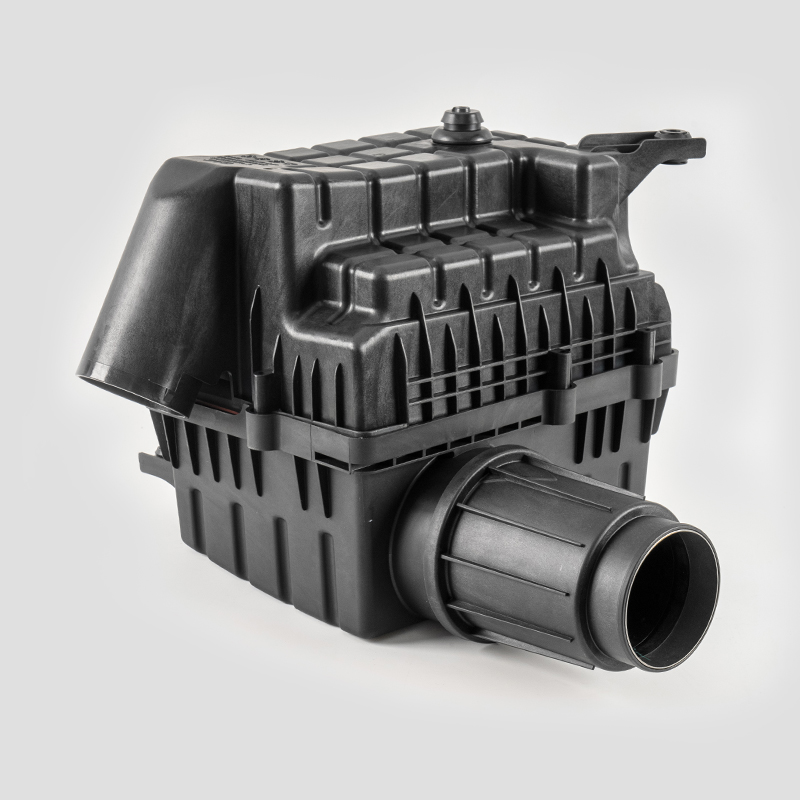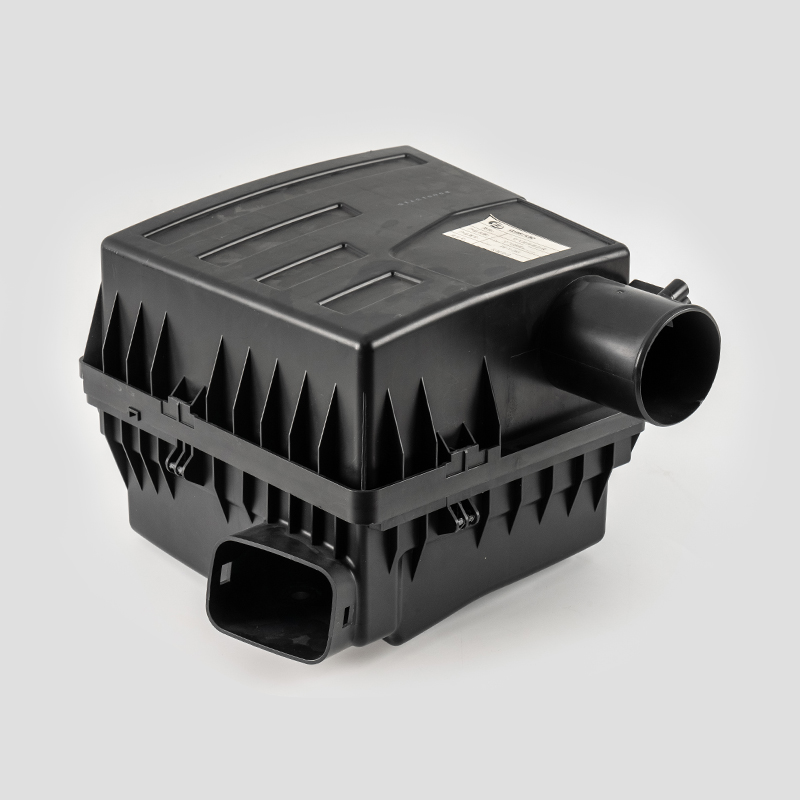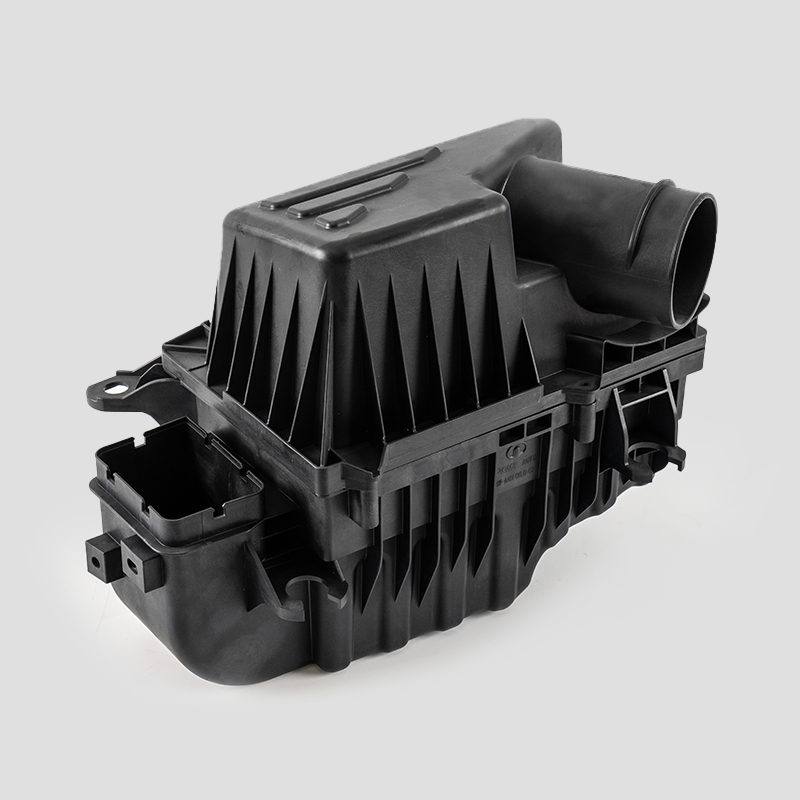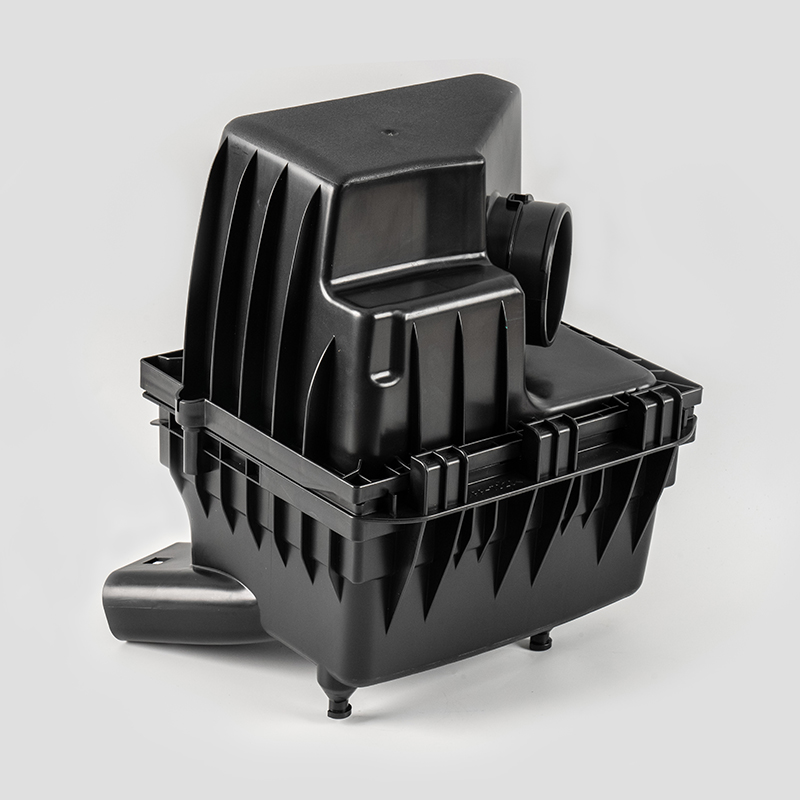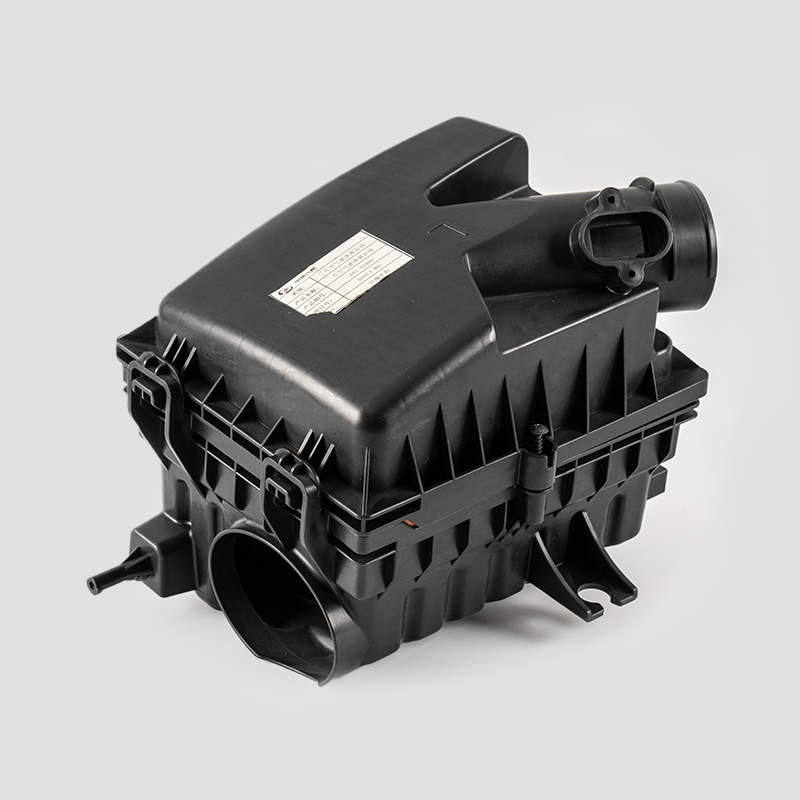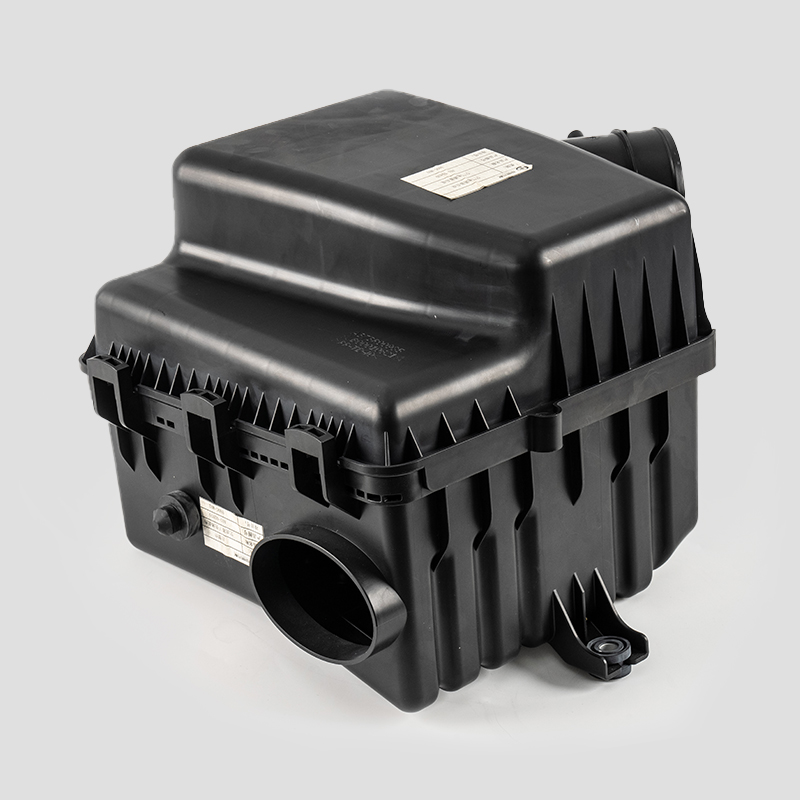How Does Your Car's Oil Filter Work?
Your car's oil filter has two important jobs: filtering waste and keeping the oil in the right place at the right time.
Driving with a dirty oil filter can damage or destroy your car's engine. Understanding what an oil filter is and how it works can help you figure out when it's time to change it.
It filters waste.
If oil is the lifeblood of your engine, then your oil filter is like your kidney! Your kidneys filter waste and remove excess fluid from your body to keep it healthy and functioning properly.
Your car's oil filter removes waste, too. It captures harmful debris, dirt, and metal fragments in the oil to keep your car's engine running smoothly.
Without an oil filter, harmful particles can get into the oil and damage your engine. Filtering out impurities means the oil stays cleaner, longer. The cleaner the oil, the better your engine performs.
It keeps the oil where it should be.
Your oil filter does more than just filter waste. Its many parts work together to clean the oil and keep it in the right place at the right time.
Oil plate: Oil enters and exits the oil filter through the oil plate, which looks like a center hole surrounded by small holes. The oil passes through the small holes, through the filter material, and then out through the center hole to the engine.
Filter material: The filter is made of a synthetic fiber mesh that acts as a sieve to filter grit and dirt from the oil. The material is folded into pleats to increase the surface area.
Anti-backflow valve: When your vehicle is not running, this flap closes to prevent oil from seeping back from the engine into your oil filter.
Pressure relief valve: When it's cold outside, the oil can become thicker and harder to pass through the filter. The pressure relief valve vents a small amount of unfiltered oil to boost the engine's power until the engine warms up.
End Plates: The two end plates on either side of the oil filter are made of metal or fiber and prevent unfiltered oil from entering the engine.
You don't need to remember all of these parts, of course, but understanding how they work together can help you realize how important it is to change your oil filter.
Changes are needed regularly.
By the time you've driven 3,000 miles (the typically recommended interval for oil changes), your oil has passed through the oil filter 12,000 times!
Like other car parts, filters get dirty and their performance degrades from regular wear. Many manufacturers recommend changing your oil filter every time you change your oil but check your owner's manual for specific recommendations.
Symptoms that you need to change your oil and oil filter may include:
Problems with acceleration
Metallic noises under the hood
Low oil pressure
Changes in exhaust color




 English
English Español
Español عربى
عربى